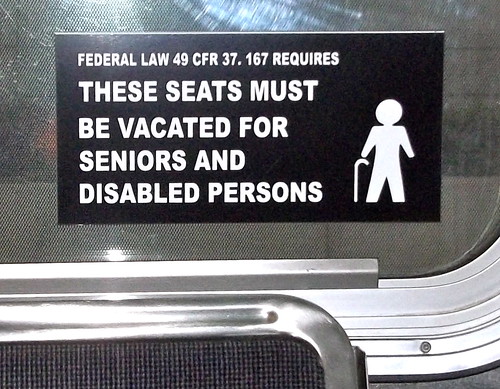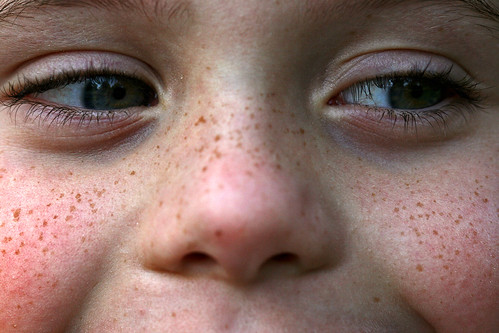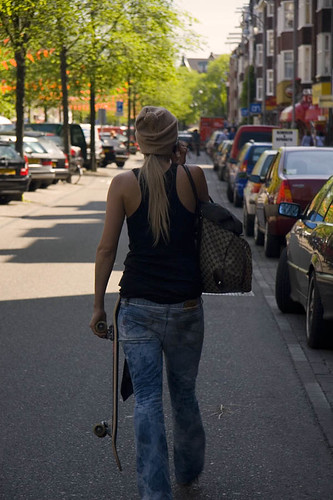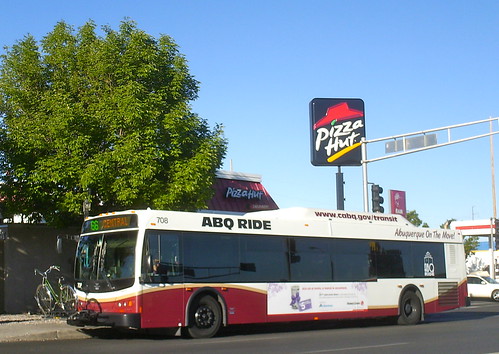BUS STORY # 285 (The Ruckus)
It’d been a couple of years since I’d last seen Pete,* and here he was, struggling aboard the bus with a walker, a shadow of his former vigorous old man self. (You can read about Pete here.)
The driver had put the bus in the kneeling position. Pete maneuvered, somewhat unsteadily, past the till, and found the bench seats reserved for the elderly and infirm full on both sides.
On the passenger side was an overweight white guy in his late 50s, and an overweight white woman in her early 40s.
On the driver’s side was a trim black school kid, maybe 5th grade or so. Next to him was an overweight black woman -- his mother, as it would turn out -- and next to her, another overweight black woman who, as it would also turn out, was unrelated to mom and son by anything other than chance seating.
At first, none of the five made any move at all. Then a sixth person, an older student sitting in the aisle seat of the first pair of seats facing forward, got up and headed for the back.
I didn’t hear what Pete said.
I saw the kid start to get up, then stop and turn and look at his mother.
I recognized that look -- remembered that look from when I was his age. Someone tells you to do something. You start to do what you’ve been told because you’ve been raised to be obedient and respectful of your elders, but you pause because something about what is being asked, or maybe in the asking itself, isn’t right. You are momentarily paralyzed by your inability to sort out what is happening that isn’t right, and not always fortunate enough to have one of your parents right there to look to for help.
Everyone heard what mom said.
“You can’t talk to my child like that!”
The woman across the aisle interjected that those seats were for the elderly, as if her seat wasn’t one of “those seats.”
Mom told her she knew that, and that was not the point. The point was how Pete said whatever it was he said to the boy.
“He can’t talk to people like that!”
The Pete I’d encountered a couple of years ago would have lit into the ruckus. But now, he was leaning against the partition behind the driver, looking like he would slide on down to the floor when his strength gave out, and saying nothing.
The kid looked like he wanted to be invisible.
The other black woman got up and took the seat vacated by the student.
Mom and the boy moved down one seat, and Pete settled into the vacated seat behind the driver.
Mom continued to give Pete a piece of her mind.
Pete twisted away from her in his seat and fixed his face toward the windshield.
The woman across the aisle rolled her eyes and looked back at the rest of us.
Mom and son exited a few stops later, and Pete got his tongue back. But his voice was too feeble for me to make out most of what he was saying. I did hear something to the effect that kids aren’t being raised right anymore. And I could see the woman across the aisle nodding vigorously with everything he was saying.
Later on, I watched Pete labor to get off at his stop. Out on the sidewalk, he paused, leaned on his walker, and looked into the sun. He looked befuddled. The bus pulled away and left me with that last image of him on the other side of the window.
Now, I don’t know what Pete said to the boy, and I don’t know how he said it. So I am once removed from the incident.
Like most everyone else, I don’t let not having all the facts stop me from drawing conclusions.
I do have previous experiences with Pete which suggest he has been provocative and cantankerous with other riders in the past.
And there is something I feel certain did not escape this black woman: Pete had decided the “black” row rather than the “white” row needed to accommodate him.
Perhaps even more provocative to a mother of any color, he bypassed the four adults and went for the child. Her child.
Still, I’m wary of the conclusions I’m drawing here. We have simple explanations for why people do what they do to console us for the fact that we cannot possibly know all the circumstances and their influences, nor understand all the algorithms, that go into the making of any human decision, our own included.
One of the best things about riding the bus is that you can take in what you see and let your mind wander wherever it takes a notion to go.
Mine wanders into “What if?” territory.
What if Pete hadn’t always been the thin guy we saw on the bus this morning? What if he’d been overweight himself sometime in his younger years? He’d know something about the extra effort it takes to gather up all your stuff, get up out of your seat, and move down the aisle to another seat.
What if Pete saw it would be a whole lot easier for the kid to give up his seat than for any of those other folks of all colors and genders in the designated seats?
And what if that effort is part of why all four overweight adults elected to make an equally poor choice to not surrender their seats -- seats which by law were more Pete’s than theirs -- to this decrepit old man, setting the stage for the ruckus to happen?
We all have our accounts, and sometimes, some of us even have hold of the tail-is-like-a-rope or the trunk-is-like-a-snake or the ear-is-like-a-fan of that vast elephant of the truth. We just have a hard time believing we don’t have the elephant itself -- the whole elephant, and nothing but the elephant.
__________
*Real name changed.





